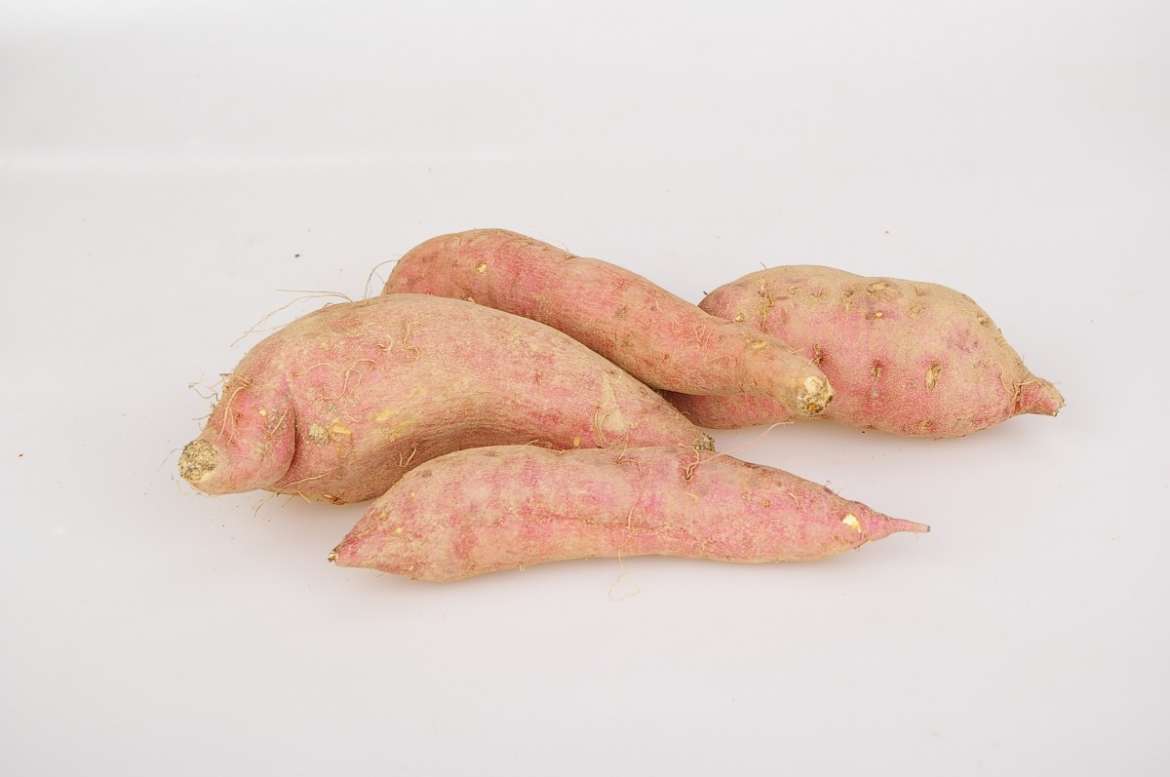Nutrient Overview
Calories: Moderate
Protein: Moderate
Fat: Low
Saturated fat: Low
Cholesterol: None
Carbohydrates: High
Fiber: High
Sodium: Low
Main vitamin: Vitamin A and C, folate
Main mineral: Potassium
Health Benefits
Sweet potatoes are high carbohydrate foods which are rich in starch and fiber. They are also an excellent source of Vitamin A, B, C, folate and potassium. Mind you sweet potatoes are not actually related to the potato. They’re sweeter in taste and darker in color as compared to potatoes.
As they are also high in potassium, sweet potatoes can lower the risk of stroke. Numerous studies have linked and adequate potassium intake to healthy blood pressure. Other foods high in potassium include bananas or oranges
Buying & Preparing Sweet Potatoes
When looking for sweet potatoes choose those that are solid and well shaped. Look for those that are thick in the center. Sweet potatoes should also feel heavy for their size and should have even colored skin free of blemishes, bruises and mold. The best way to serve sweet potatoes is to have them either baked or boiled.
To prepare sweet potatoes, scrub them under cool running water and To maximize their nutritional content, boil the potatoes in their skin. If you want You can then peel them off more closely after they are cooked. For baking, pierce the skin with a cake tester and let off the steam. Insert a potato nail to carry heat evenly through as it bakes.
How To Store Sweet Potatoes
When storing sweet potatoes handle them carefully to avoid bruising. Bruising sweet potatoes will tear of some of its cells and darken the potato. Sweet potatoes also should not be kept in the cold. Cold temperature damages the cells and darkens the potato.



